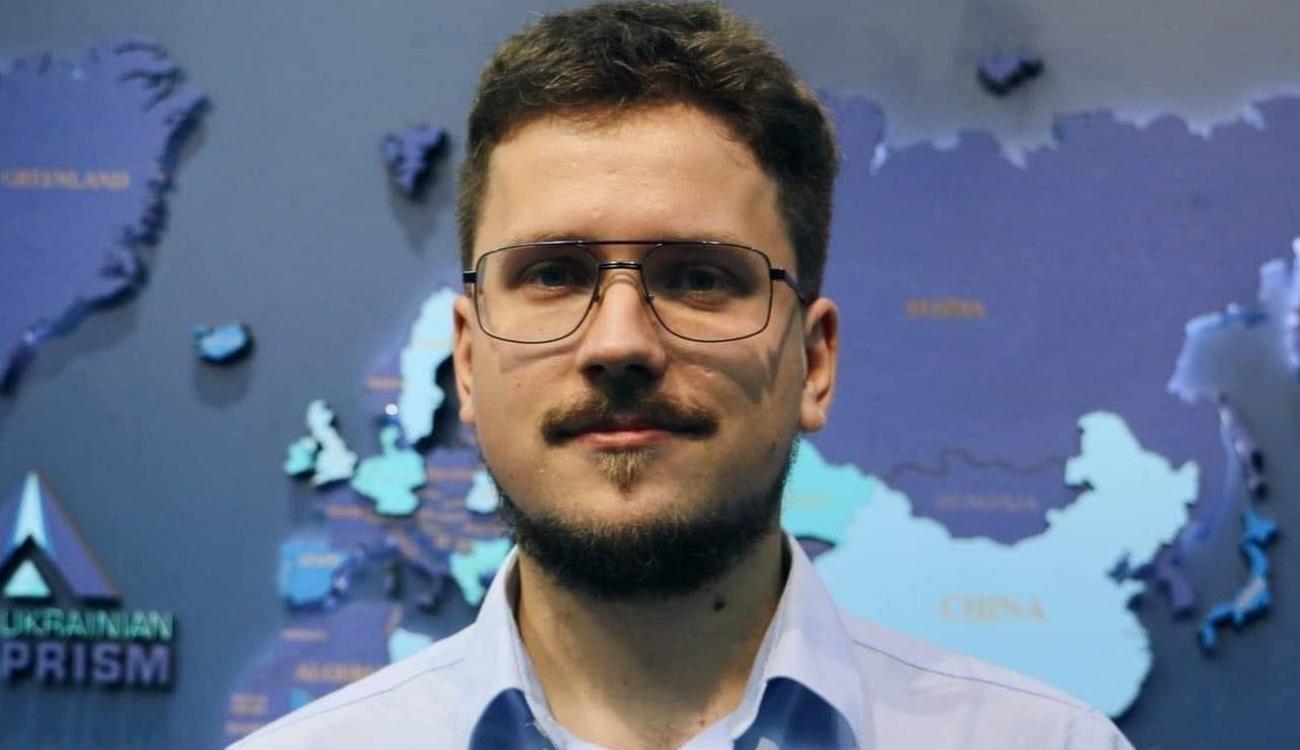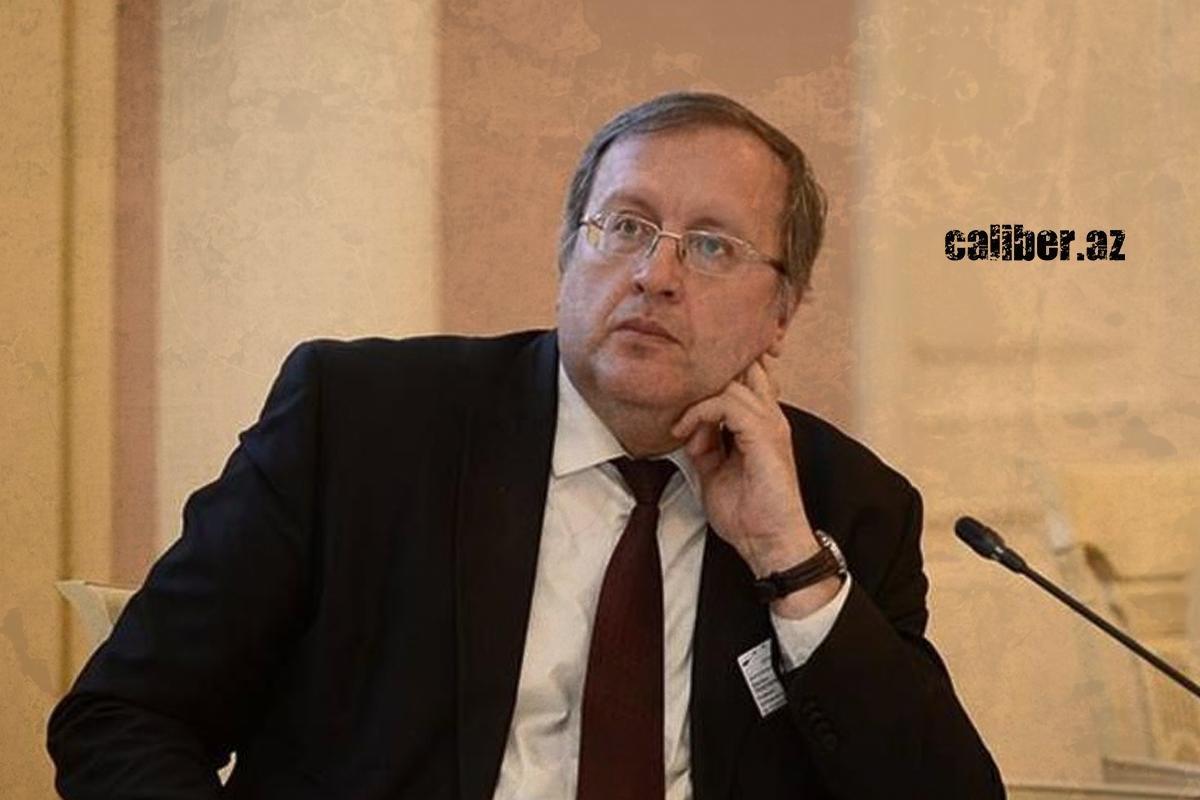"Yerevan does not have a single strategy for peace with Baku" Experts share their opinions with Caliber.Az
Azerbaijan is determined to make peace with Armenia, the country's Prime Minister Ali Asadov said on Monday at a meeting of the CIS Council of Heads of Government in Moscow. "I would like to express Azerbaijan's firm determination to continue its efforts to strengthen peace and security in the region. Taking into account the recent positive signals, we consider it extremely important to continue constructive dialogue in this direction," he said.
Asadov noted that the current historic opportunity will make it possible to bring about a long-awaited peace in the region. "It will give hope to all the people of the South Caucasus to live together in peace and security," he said.
It is interesting to note that some commentators recently predicted that Azerbaijan would not go for a peace agreement and that it was almost preparing for another war with Armenia, as it allegedly has some territorial claims on it. Now, however, as the first officials have begun to reiterate the intention to sign a peace accord, those voices have quieted considerably. The question now is how willing the Armenian leadership is to do so.
While Prime Minister Nikol Pashinyan himself seems to be expressing his intention to sign an agreement with Azerbaijan, some members of his team (the same Foreign Minister Ararat Mirzoyan) do not seem to be focused on this and take every opportunity on foreign platforms to accuse Azerbaijan of aggression, "genocide", "ethnic cleansing" and so on. Obviously, this does not help the parties to get closer to establishing the long-awaited peace. What can this kind of ambivalence in the position of the ruling circles of Armenia be related to? Will it not disrupt an apparently productive bilateral dialogue?
Foreign observers shared their thoughts on this issue with Caliber.Az.

According to Oleksandr Krayev, an expert with the "Ukrainian Prism" foreign policy council, such divergent attitudes to the issue of the peace treaty may well be explained by the fact that, as many people remember, Pashinyan was once quite unpopular.
"That is, the polarisation in Armenian society resulted from the fact that both Pashinyan's actions in favour of and against the war had a strong negative impact on half of the Armenian population (and, consequently, on half of the politicians). He couldn't decide whether he was ready to fight for territories to the end or whether he was ready to surrender and negotiate, and so he managed to antagonise both those who supported the idea of war and those who wanted peace. And now he has no support," says the political analyst.
Therefore, if Pashinyan wants to conclude certain agreements, to hold negotiations, he still finds some 'hawks' in his circle who want to resist such possibility, the expert points out.
"This suggests that any opportunities for Pashinyan to engage in constructive dialogue may simply fail if they are able to muster a fair amount of support within the military or, in principle, within the Cabinet of Ministers.
Whether this is to Armenia's advantage is hard to say. But right now it is clear that they are not prepared to try to contest territory again or to defend their territory in a potential new round. That's why Pashinyan should now definitely try to unite those around him who are ready to negotiate and try to push this agenda with them," Krayev believes.

Russian political scientist, Doctor of Economics, Professor of St. Petersburg State University Stanislav Tkachenko, for his part, said that since the Armenian leadership lacks a unified approach to concluding a peace treaty with Azerbaijan, it is not easy to assess Yerevan's negotiating strategy.
"On the one hand, any peace treaty will draw a line under years of armed conflict and allow Armenian citizens to ask the authorities questions: How did it happen that Karabakh, the conquest of which became a basic element in the construction of Armenia's post-Soviet identity and the defence of which Yerevan declared its top priority, was lost diplomatically even before the Azerbaijani forces entered the region? Who is to blame, and who should be held responsible, first politically and then criminally? The current leadership in Yerevan would like to postpone as long as possible when these questions need to be asked and answered.
On the other hand, the South Caucasus region, sandwiched between the two largest military conflicts of our time (in the Middle East and Ukraine), now has a unique opportunity to fully exploit its transit potential, to appear to the whole world as a zone of stability, attractive to partners from neighbouring states (EAEU, Iran, Türkiye) and other regions of the world (China, India, EU). Any measures to delay the negotiation process and refuse to conclude an agreement that would fix the borders and restore Armenia's diplomatic relations with Baku and Ankara seem irresponsible and contrary to Armenia's national interests. Especially since there is a consensus among the three largest neighbouring states (Russia, Türkiye and Iran) that the time for diplomacy in the South Caucasus has finally come," the professor said.
In his opinion, it is now obvious that the Armenian Foreign Minister, Ararat Mirzoyan, who is primarily oriented towards France and the countries of the Atlantic community, is more concerned about the first group of issues mentioned above and is betting that the involvement of Brussels and Paris in the negotiation process will allow it to drag out indefinitely. And the majority of Armenian business circles and parliamentarians, interested in preserving the current good indicators of economic growth and foreign trade turnover, are looking for answers to the second group of questions.
"In a stable political situation, Armenian Prime Minister Pashinyan would probably prefer to manoeuvre between the two main forces and eventually agree to sign a peace treaty with Azerbaijan as the most beneficial path for his state. But the current period of 'limited rationality' in Pashinyan's policy, for whom the uncertainty of a peace treaty means an opportunity to postpone 'for later' answers to questions about responsibility for foreign policy miscalculations, is best described by Lev Trotsky's famous formula: 'Neither peace nor war, we sign no peace, we stop the war and demobilise the army'. The end result of such a policy for Soviet Russia is well known. Let's see how soon rational political and economic calculations prevail in Yerevan and a peace treaty is signed with Azerbaijan," Tkachenko concluded.








